In February, our Policy & Advocacy team joined 1,100 passionate advocates in Washington D.C. for the National Anti-Hunger Policy Conference. Co-hosted annually by Feeding America and the Food Research and Action Center, the conference is an exciting opportunity for anti-poverty and anti-hunger advocates to collaborate. We celebrated the bi-partisan 2018 Farm Bill – which reversed proposed cuts to federally-funded food programs. We also geared up to fight attacks on food programs anticipated from the current administration.
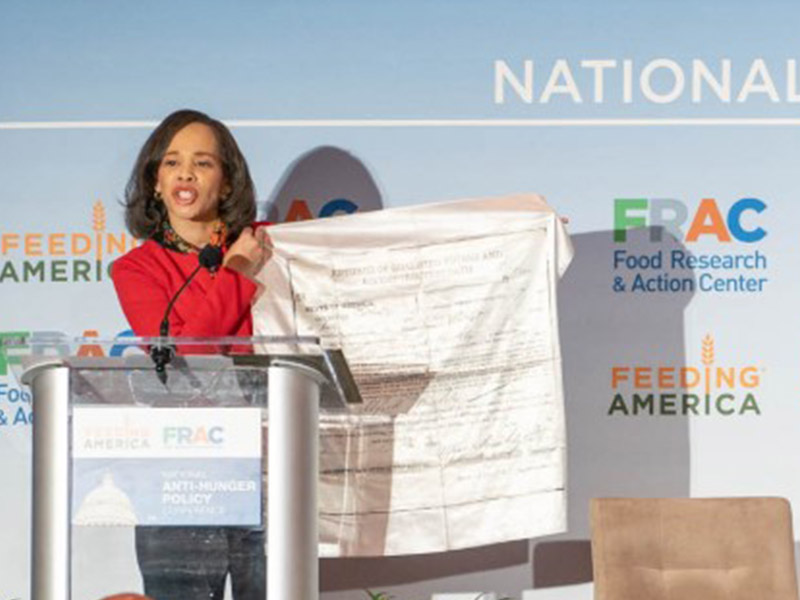
Day 1 – Sunday – “We’re Not Going Back!”
We spent our first morning learning from fellow food bank representatives about new opportunities to use client-level service data to influence policy and advocacy. Then, during lunch, Congresswoman Lisa Blunt Rochester (D-DE), ignited the room with a powerful keynote address. She reminded us that we have come so far in our advocacy to provide neighbors with the basic human right of food, and encouraged us to continue challenging attacks on these programs.
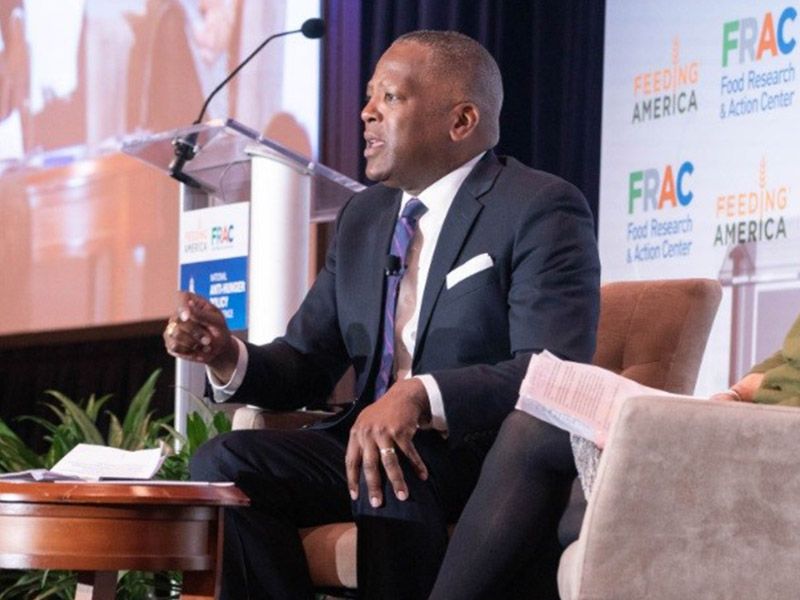
Day 2 – Monday “The Rent Eats First”
Our second day kicked off with another outstanding speaker: President of the US Council of Mayors, the Honorable Steven K. Benjamin of Columbia, SC. He spoke about addressing the root causes of hunger, including institutional racism, limited access to financial education, insufficient wages, and the “unlivable” cost of living in cities across America.
He highlighted income volatility – citing recent studies that show half of US families can’t pay for an unexpected $400.00 bill. Our Food Bank learned this firsthand during the recent government shutdown, when we saw a spike in need from people who had never required food assistance before, but found themselves two paychecks short and unable to cover their expenses.
Day 3 – Lobby Day! – SNAP benefits inadequate for Bay Area’s hungry
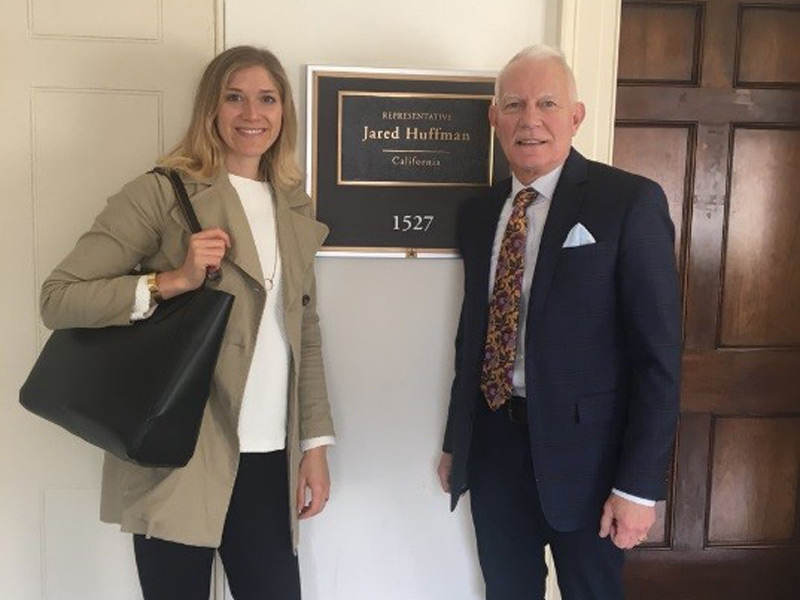
By Day 3, we were all ready to take our anti-hunger priorities to Capitol Hill, where we met with staff members for Senators Kamala Harris and Diane Feinstein. We also connected with staff members of Congressman Jared Huffman, who actively supports our advocacy efforts on behalf of his constituents in the northern coastal region, including Marin.
We thanked them for their leadership and asked that they turn their attention to the inadequacy of benefits for current SNAP (food stamp) recipients.

Right now, the average SNAP recipient gets $1.49 per meal, which we know with the cost of living here is simply impossible to stretch. We were joined by Patricia, a Contra Costa County resident, who shared her personal experience of having her SNAP benefits cut to just $15 per month. We are asking Congress to reevaluate the criteria used to determine how much money a household can get in SNAP benefits.
The Conference was an energizing reminder that we are not in this struggle alone. We are part of an incredibly diverse and tireless community of advocates and elected officials who have never stopped fighting for policies that feed and protect our neighbors who need us most.


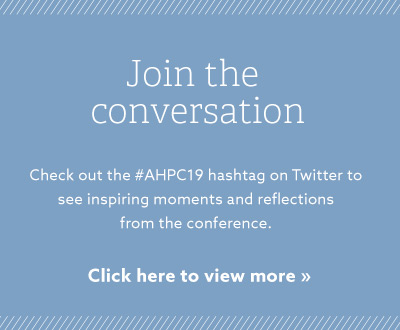



 Bad luck and broken dreams
Bad luck and broken dreams
 There was plenty to see on Day One of the conference, but the highlight was a panel session that included Charles M. Blow, an Op-Ed columnist at The New York Times, and Fatima Goss Graves, president and CEO of the National Women’s Law Center. The conversation quickly turned into a back-and-forth on the complex intersection of institutional racism, our education system, income inequality – and how it all relates to food insecurity. When it was over, the panel received a several-minutes long standing-ovation.
There was plenty to see on Day One of the conference, but the highlight was a panel session that included Charles M. Blow, an Op-Ed columnist at The New York Times, and Fatima Goss Graves, president and CEO of the National Women’s Law Center. The conversation quickly turned into a back-and-forth on the complex intersection of institutional racism, our education system, income inequality – and how it all relates to food insecurity. When it was over, the panel received a several-minutes long standing-ovation.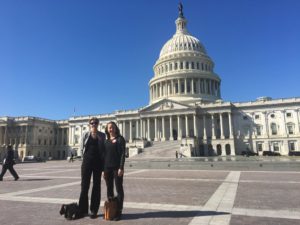
Share